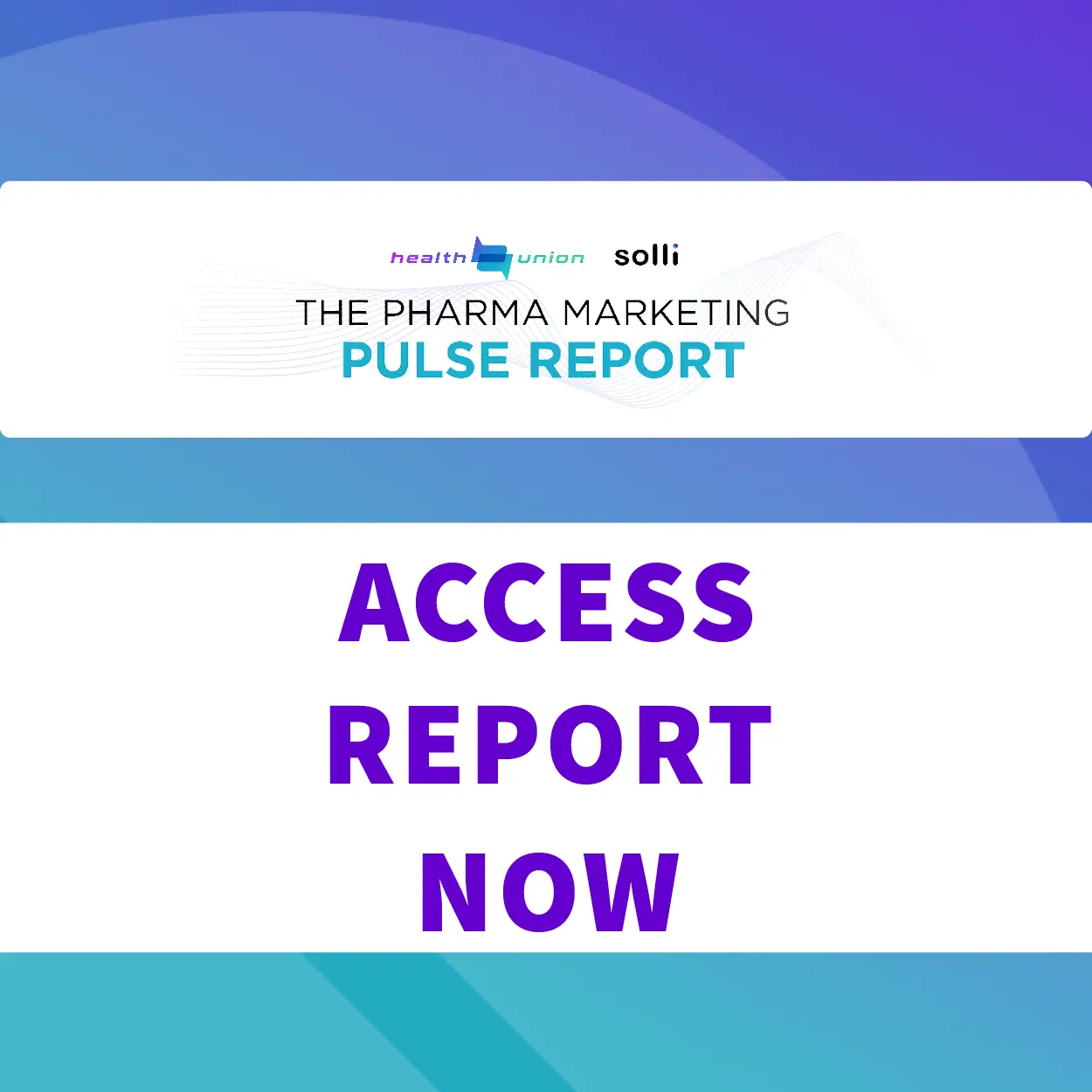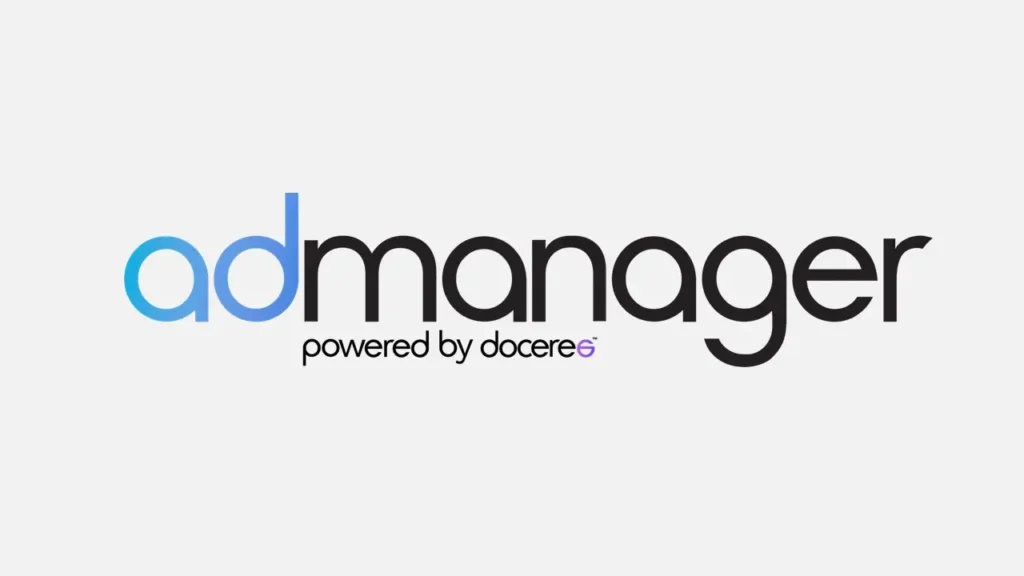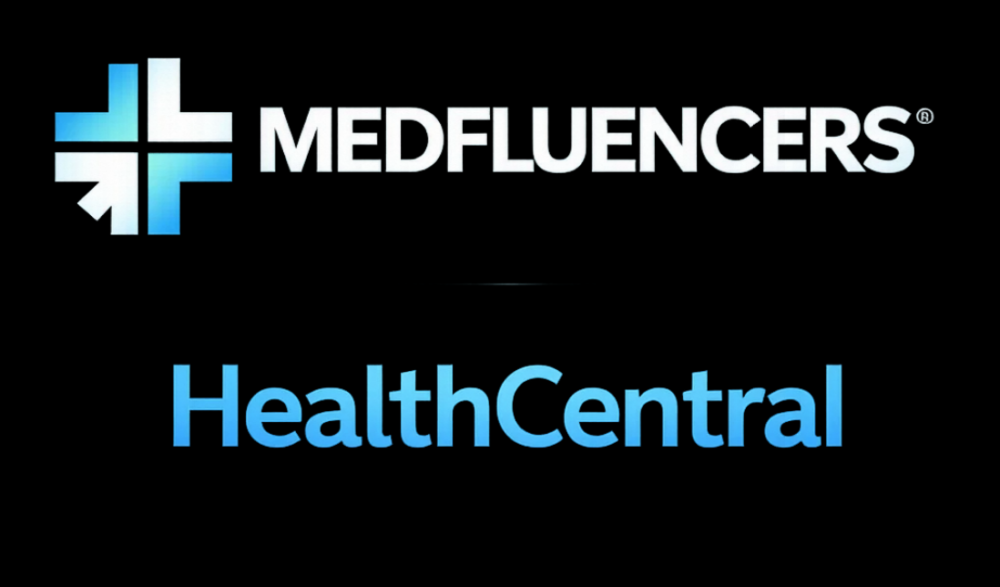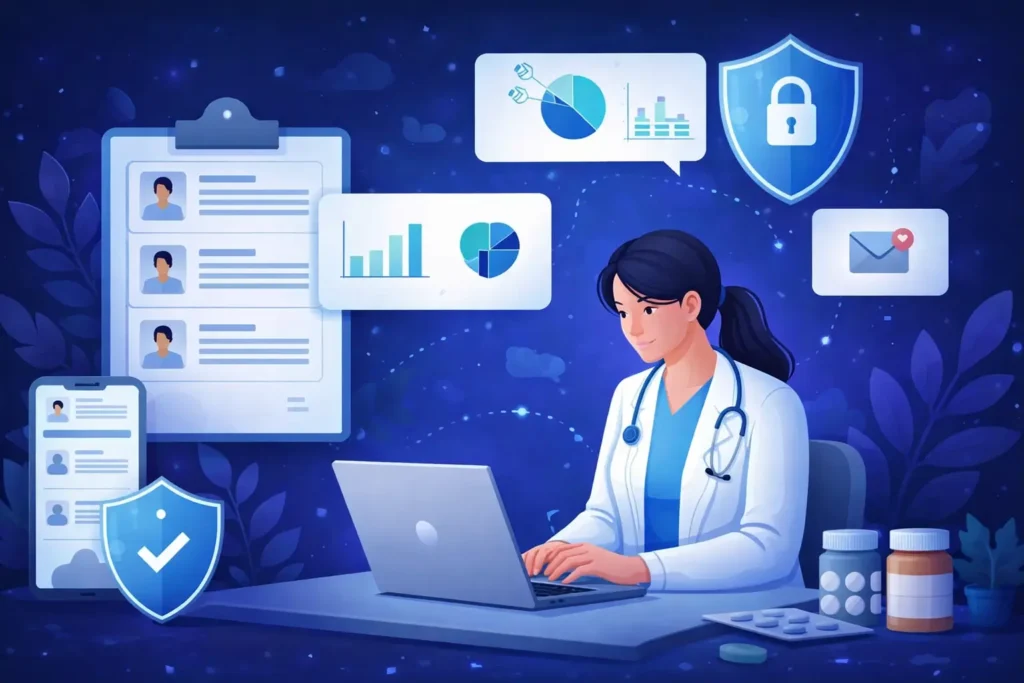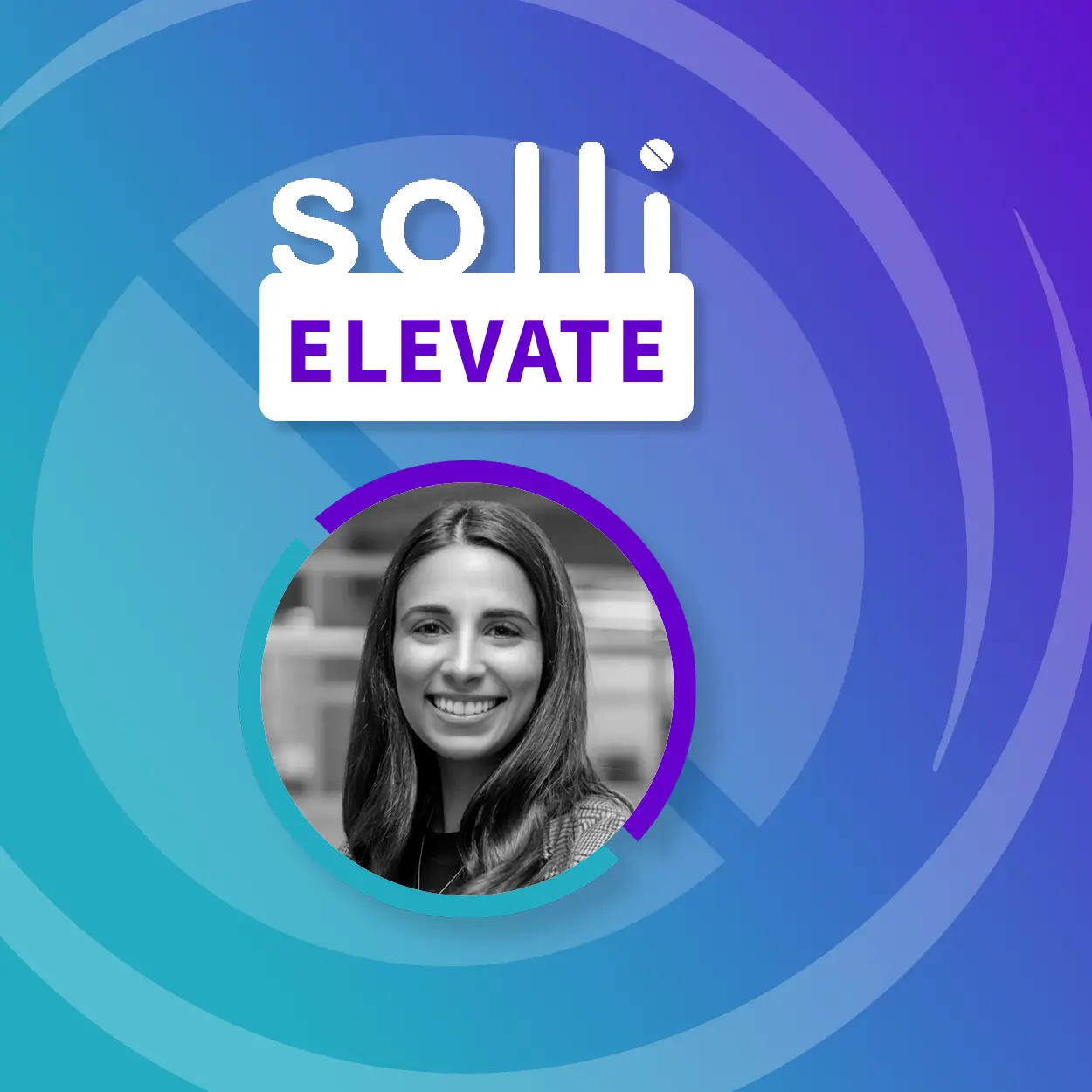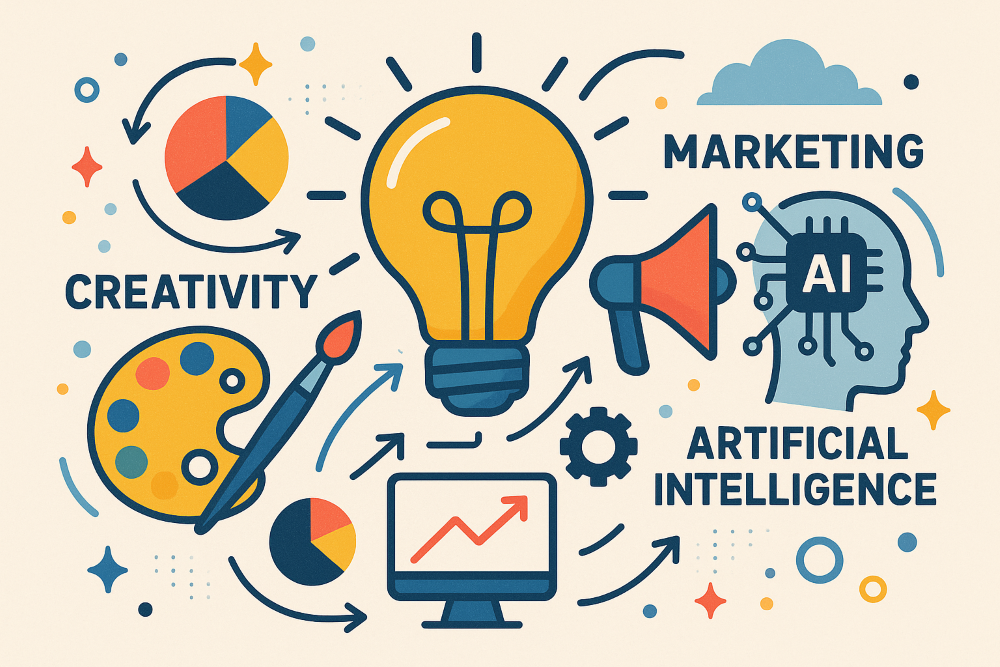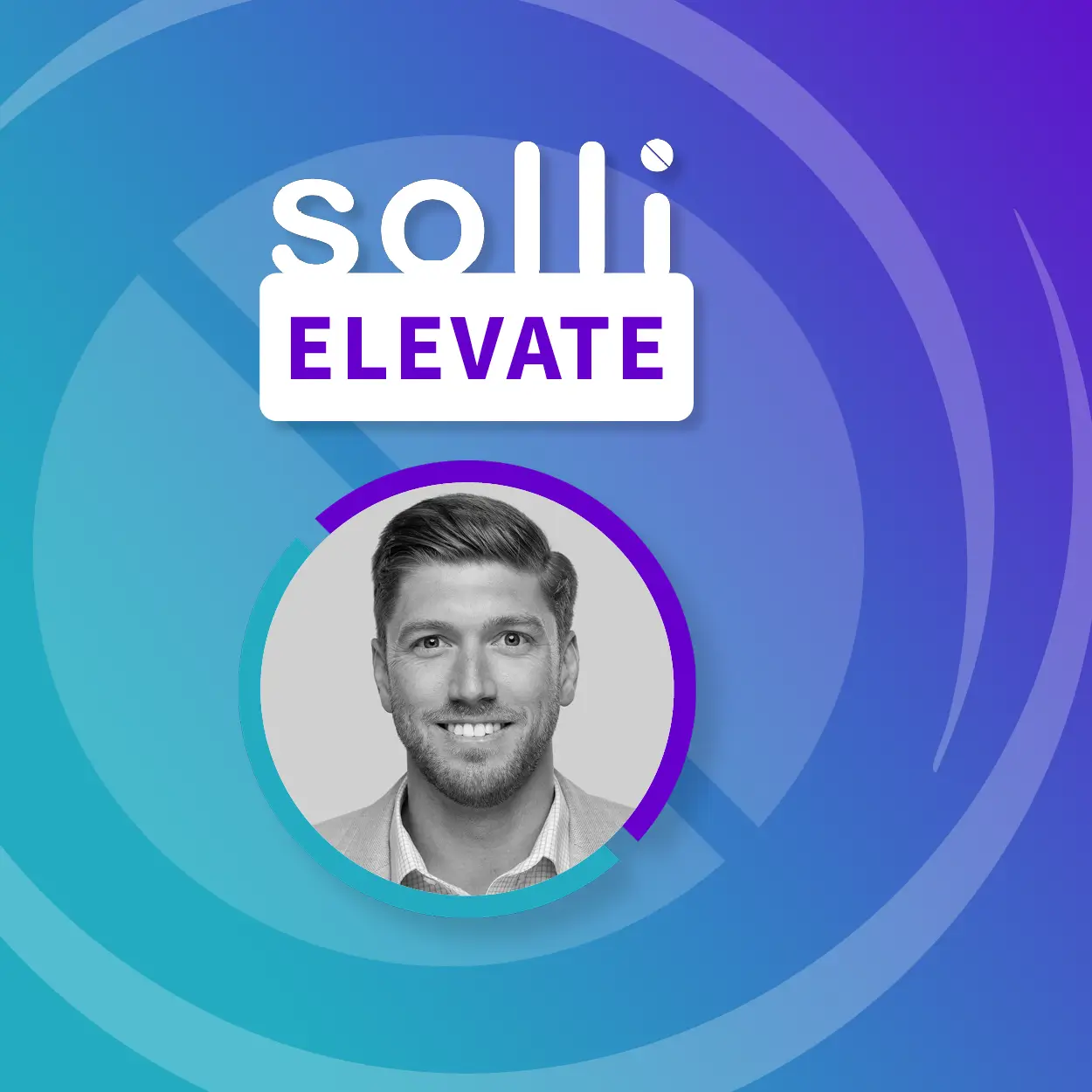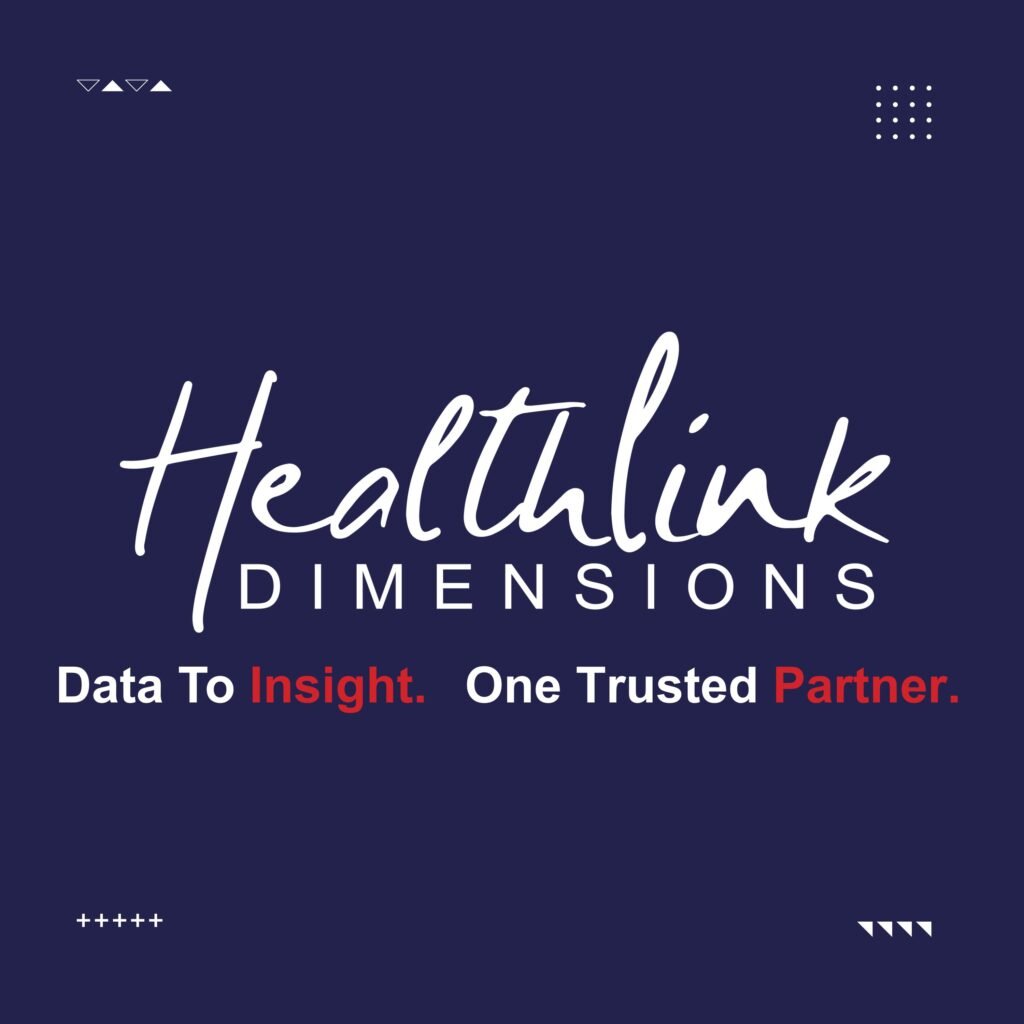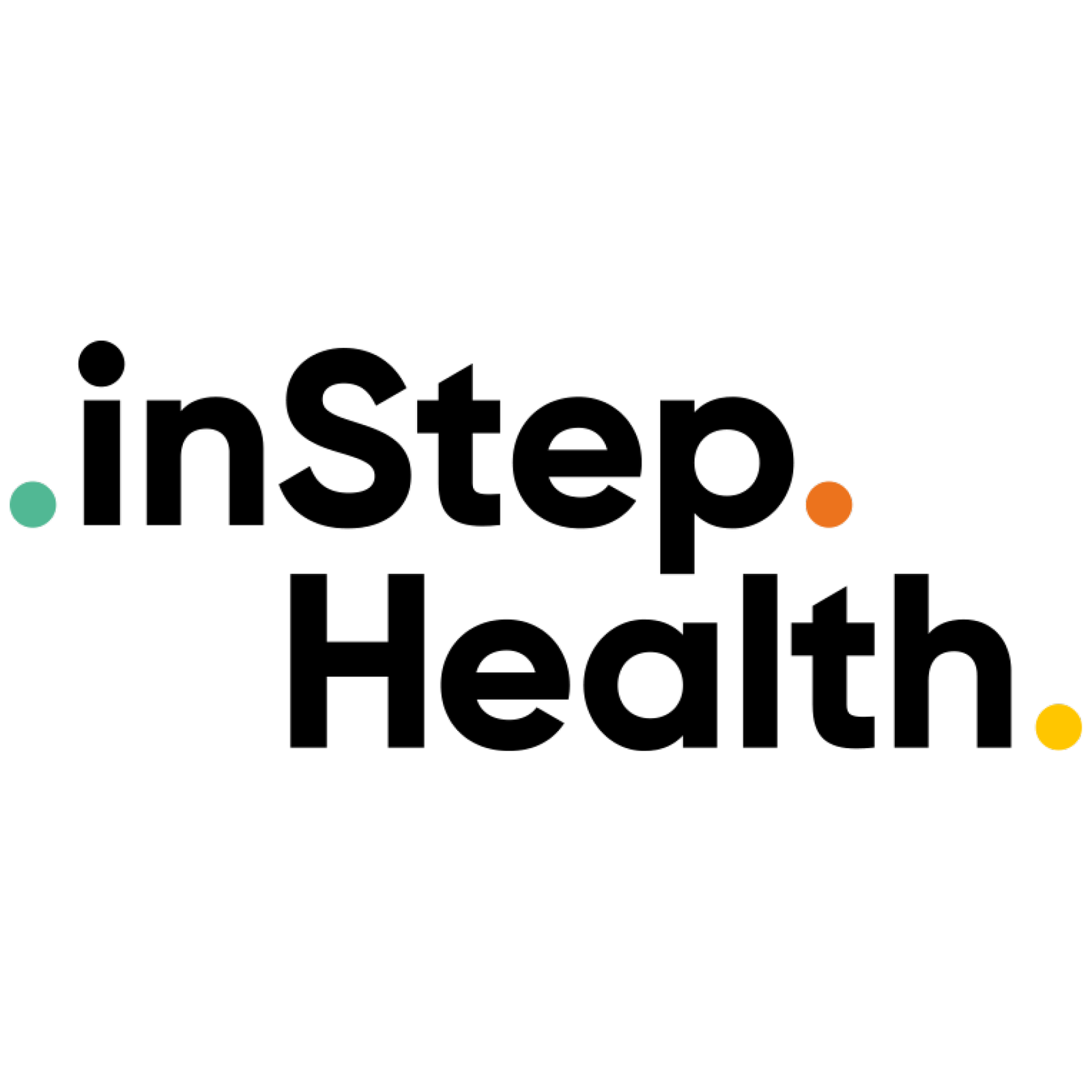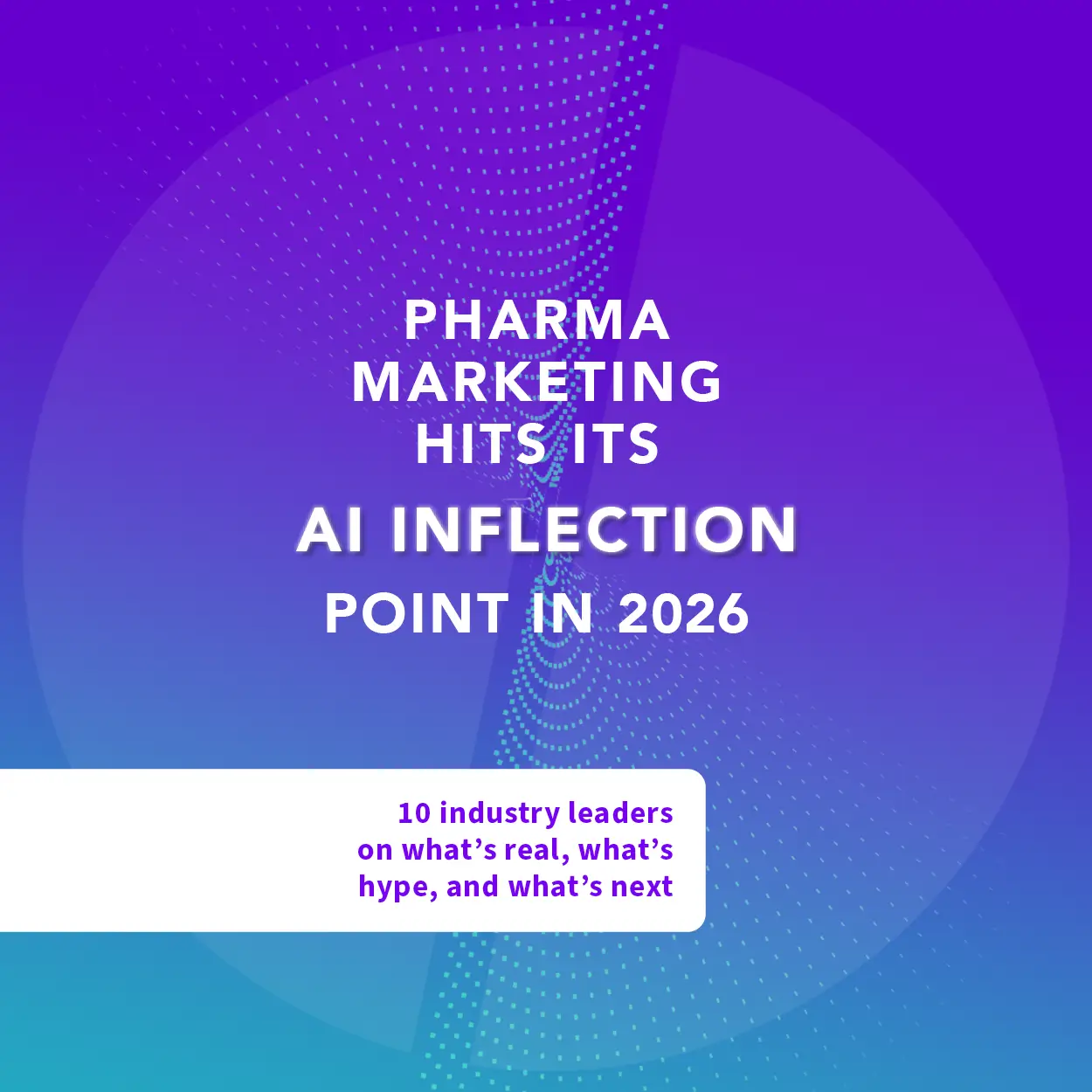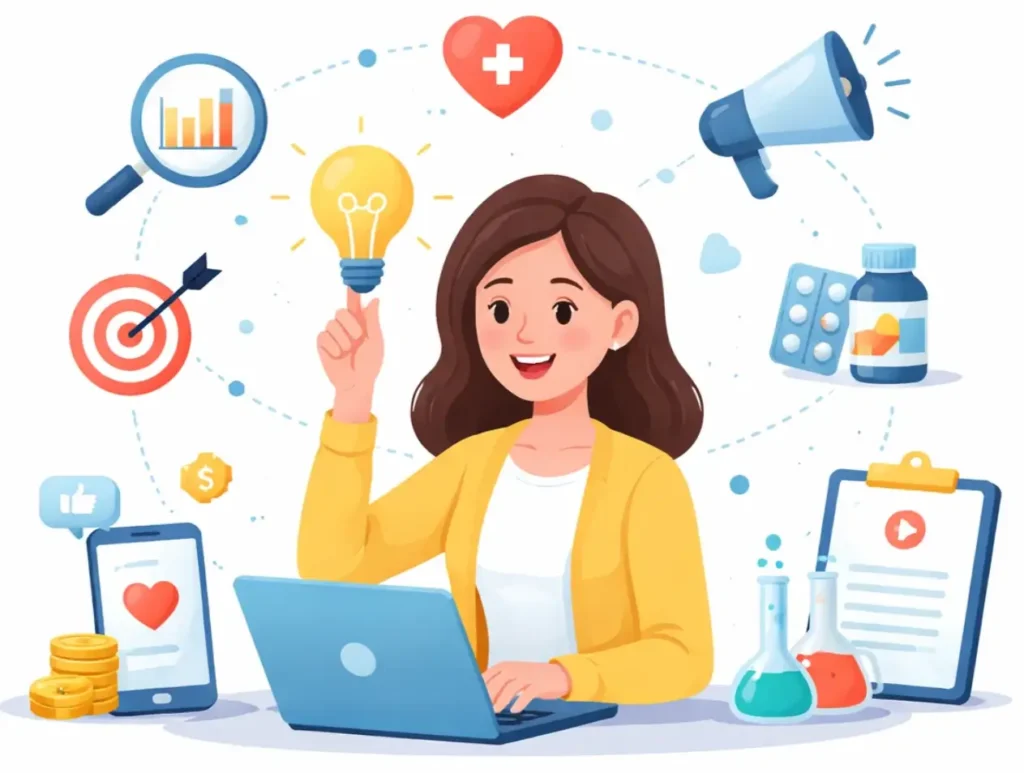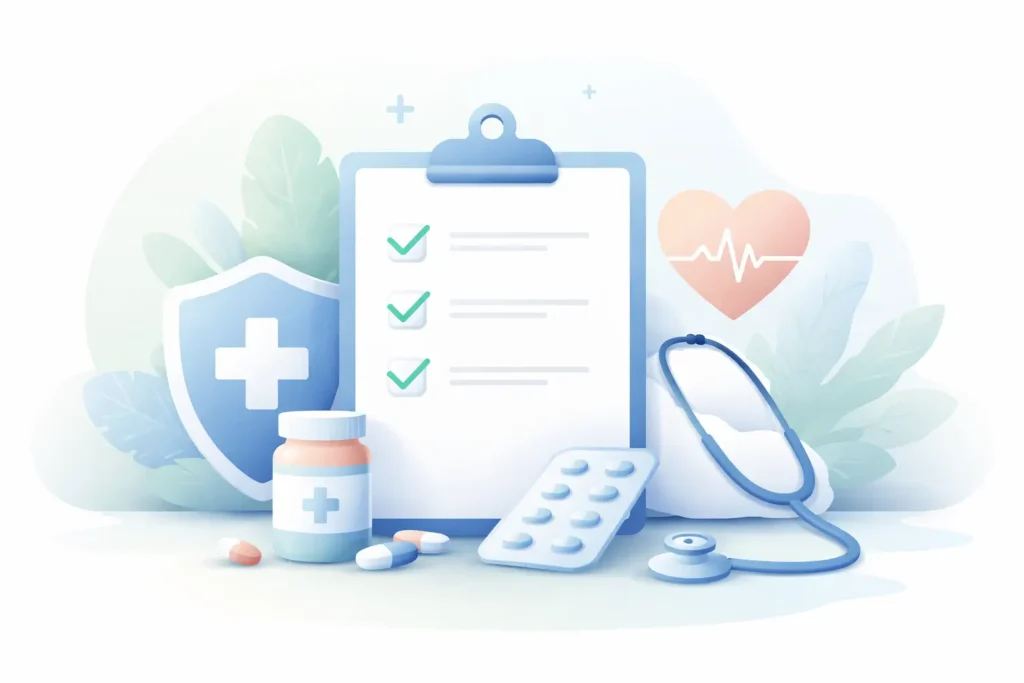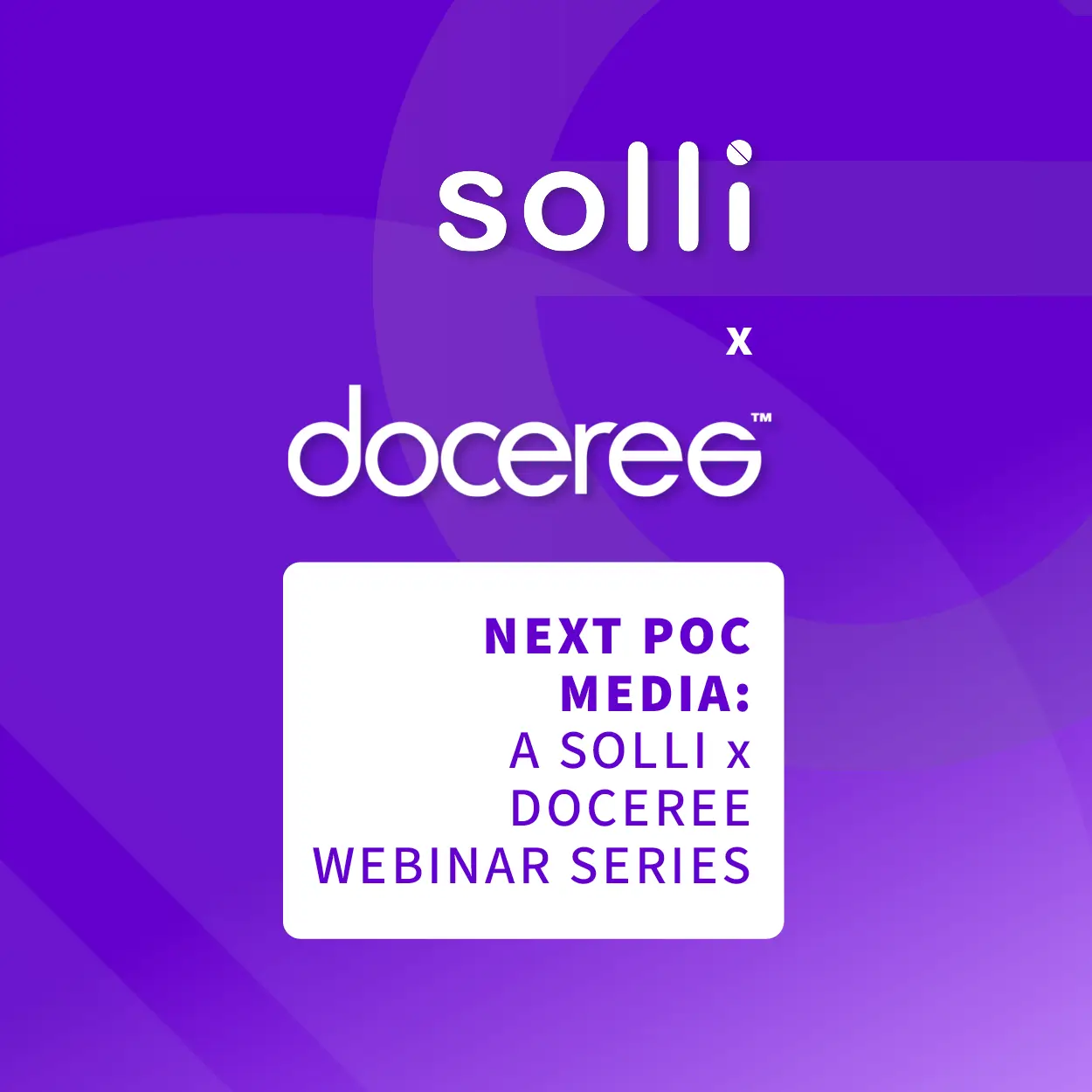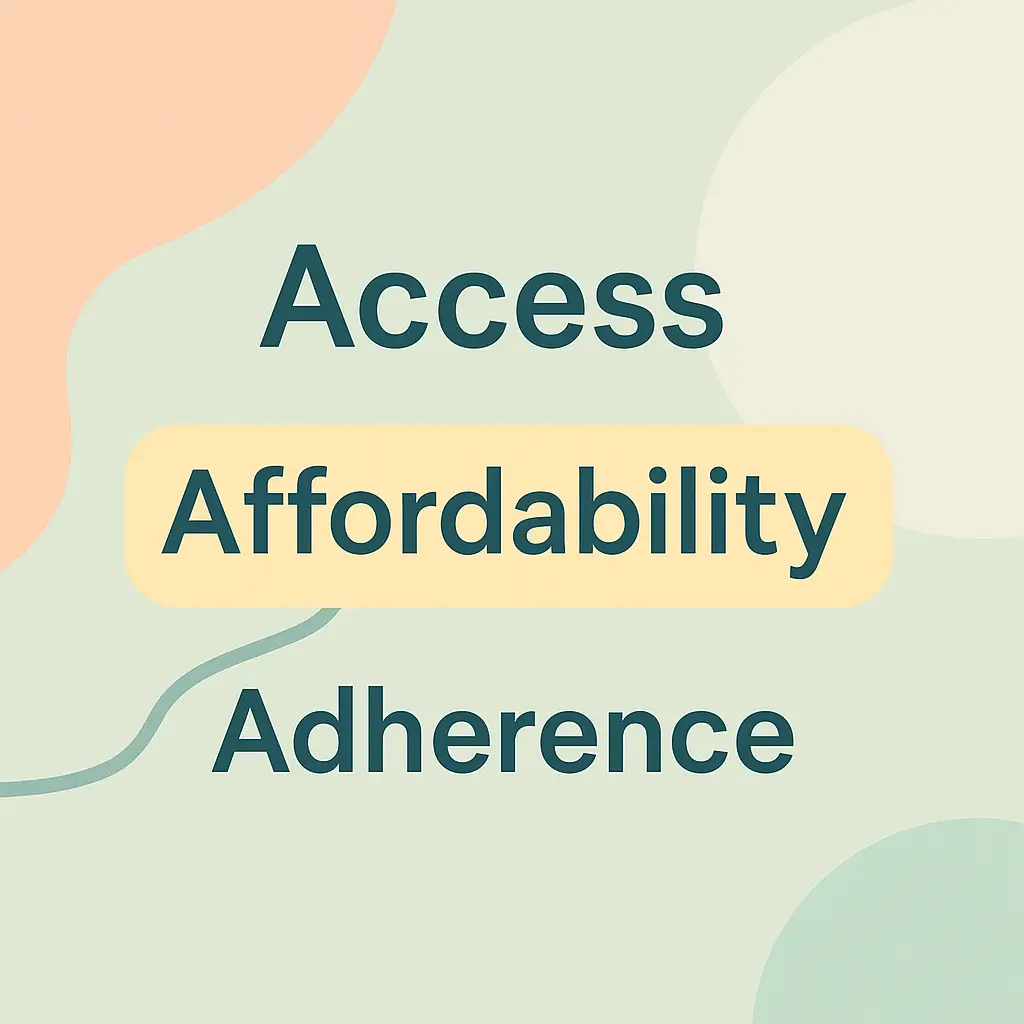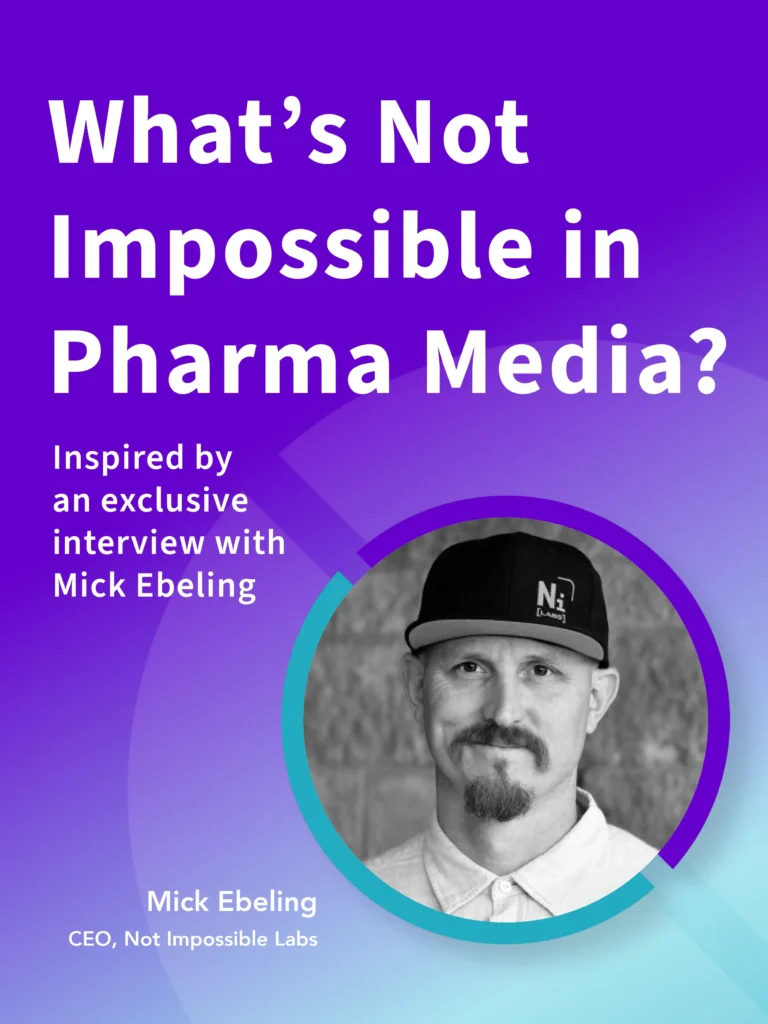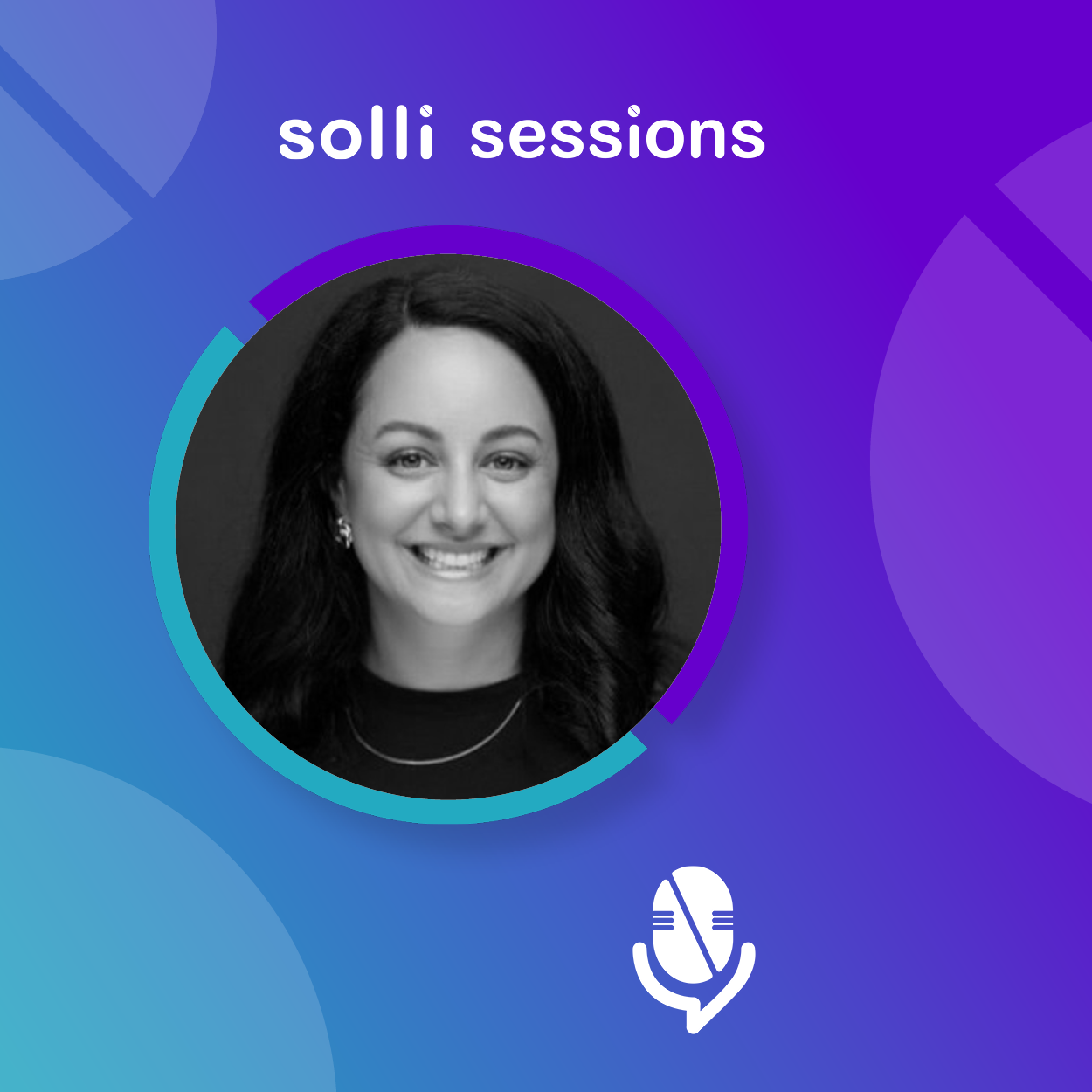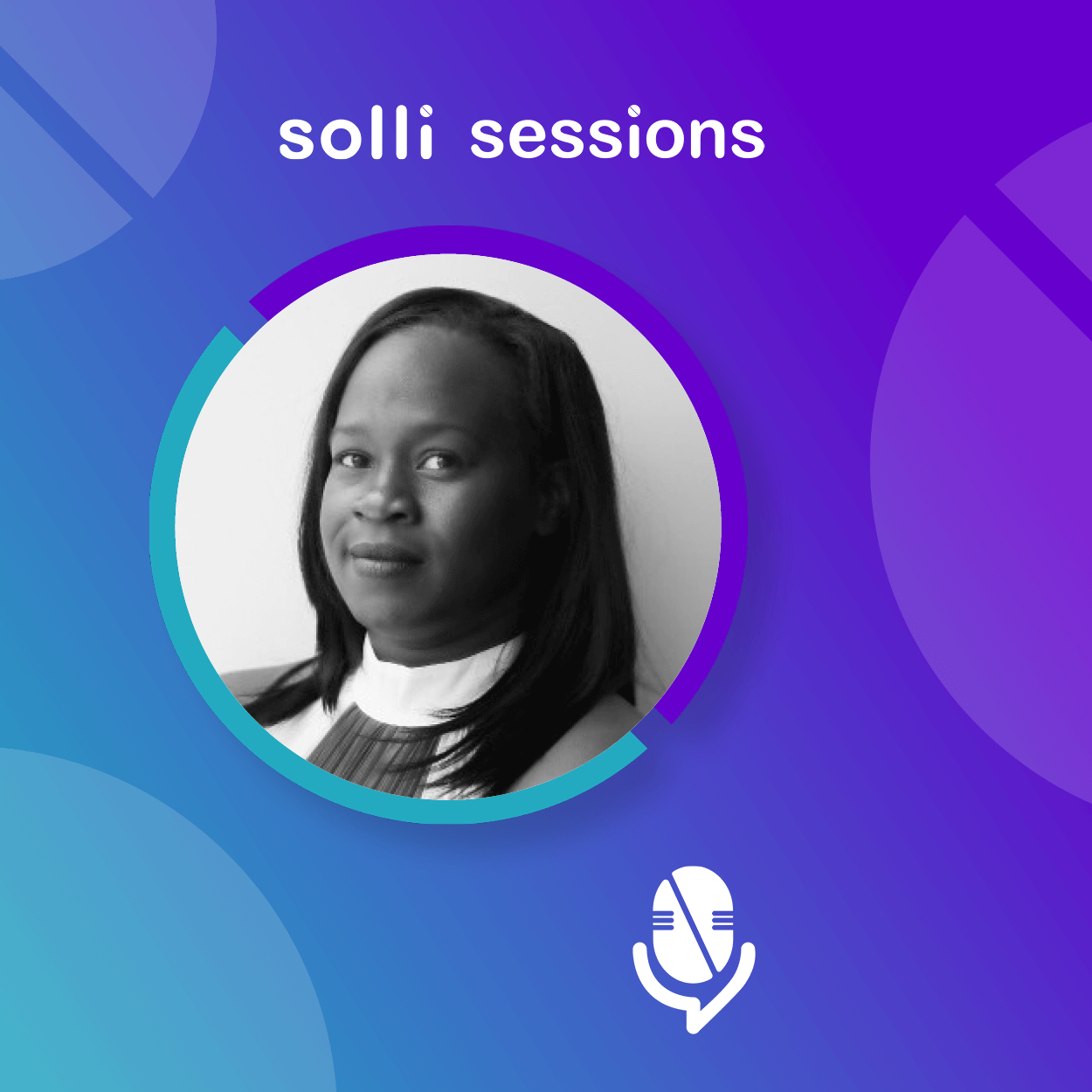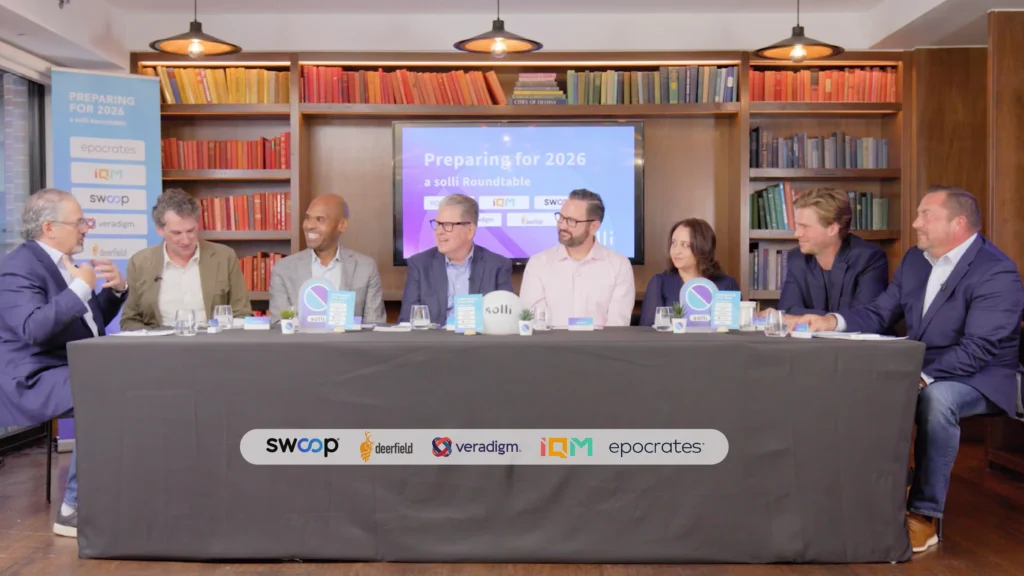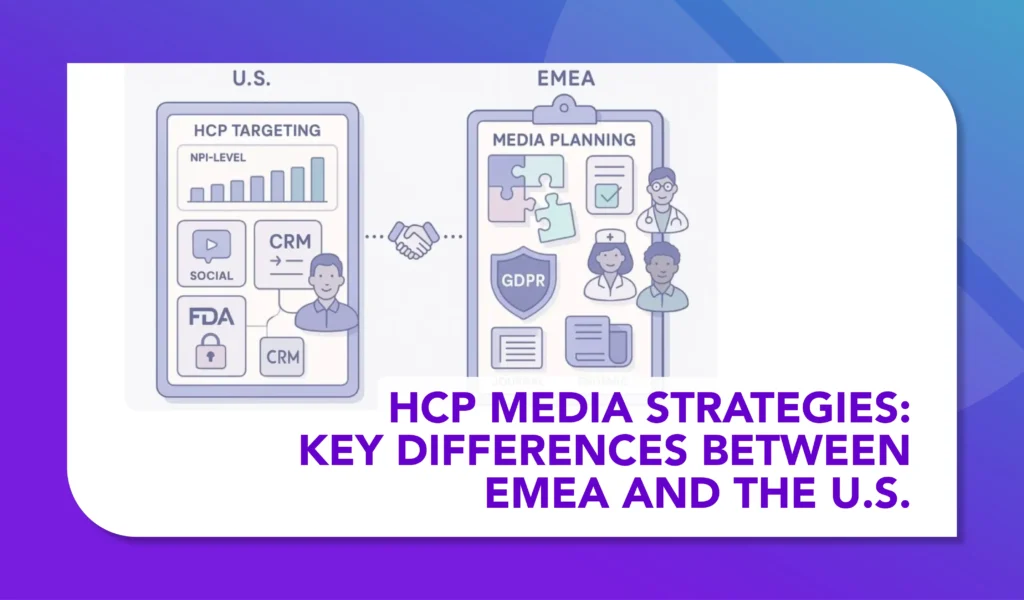AI Transforming Health Search Habits
How has AI already changed the search landscape, and what is to come in the future?
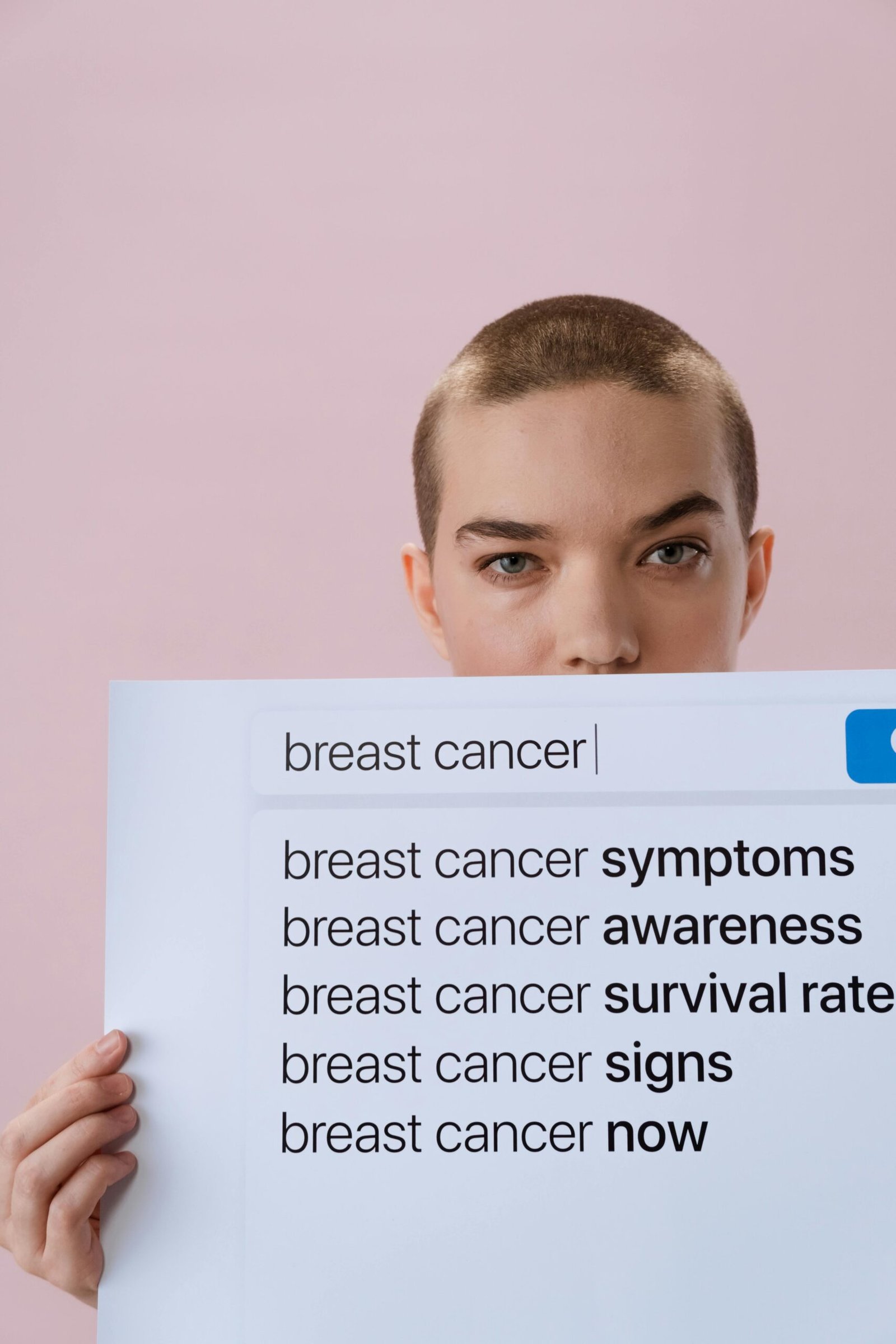
Artificial intelligence (AI) has the power, potential and momentum to revolutionise not just online advertising but the entire online experience. From a healthcare perspective, this is a shift very much worth paying attention to.
As the old Ben Franklin phrase goes, ‘failing to prepare is preparing to fail’, so only the smartest, most forward-thinking investors will be able to reap the benefits of AI’s ever-growing integration within healthcare advertising.
With this in mind, join me as we take a deep dive into what the current landscape looks like, analyse how it’s changed already and consider what the future of AI in healthcare advertising is likely to look like.
The current landscape: AI in healthcare
AI is everywhere at the moment and the world of healthcare is no exception.For example, AI has already been implemented in a number of health-based processes, helping everything from admin tasks to even diagnostics. It’s even recently been used to make surgeries less invasive.
From more of a digital perspective, AI-driven large language model (LLM) platforms have also become more and more integrated, allowing HCPs to deliver better patient outcomes by streamlining various decision-making processes.
Here are just a few of the current most exciting areas of development:
- AMIE: Designed by Google, Articulate Medical Intelligence Explorer (or AMIE for short) uses advanced training and evaluation methods to help improve the dialogue between doctors and patients.
- Gupta.ai: An innovative virtual healthcare assistant powered by AI, Dr. Gupta can have natural conversations with users and offer medical advice and recommendations tailored around specific symptoms and medications.
- Medwise.ai: A customisable search platform specifically designed by and for clinicians, Medwise.ai helps provide HCPs with quicker access to the information they need by drawing on a huge number of data sources.
But, why is this all relevant to healthcare advertising?
AI in online advertising
The increasing integration of AI within healthcare processes proves that it’s no longer just an if, but or buzzword. It’s here to stay and, with that, change becomes inevitable.
With AI platforms like those listed above becoming more and more available, patients are more at the heart of their care than ever before. And because of this, how patients can – and should – be marketed to has changed.
Looking at it from more of an online advertising perspective, AI’s integration is not just moving the goalposts of modern practice. It’s shifting the entire goal. And this is seen by many as both a good thing and a bad thing.
Using AI in ads: the good and the bad
Now, to understand why AI’s integration in online advertising is seen as both a good and bad thing, let’s put ourselves in the mindset of a patient. Say, for example, we’re a patient concerned about our heart health and we are looking to find the best vitamins to help.
A quick Google search for “best healthy heart vitamins” throws up a number of sponsored products, images and ad links to get through, and involves a large degree of scrolling to find the information we are looking for. It also involves clicking through to various articles, where more online ads are available and able to target us.
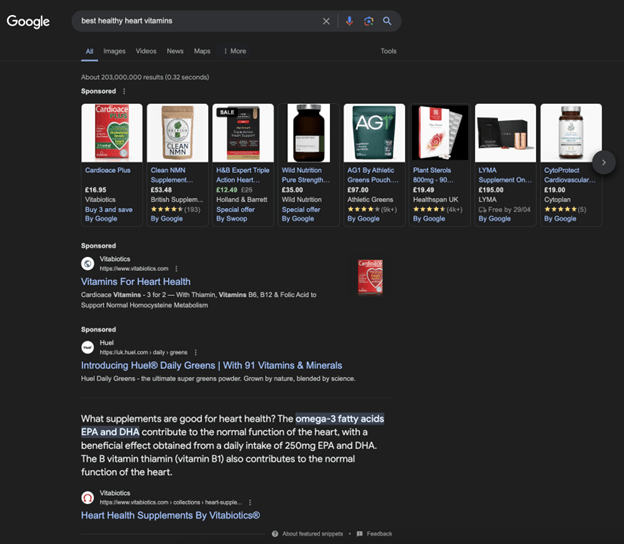
Perform the same search on an AI platform like Perplexity, however, and the results are a lot more direct, providing us with the answer we’re looking for without needing to scroll. There’s room for maybe one ad within the ‘sources’ section but, other than that, AI search platforms almost bypass the need – or presence of – ads altogether.
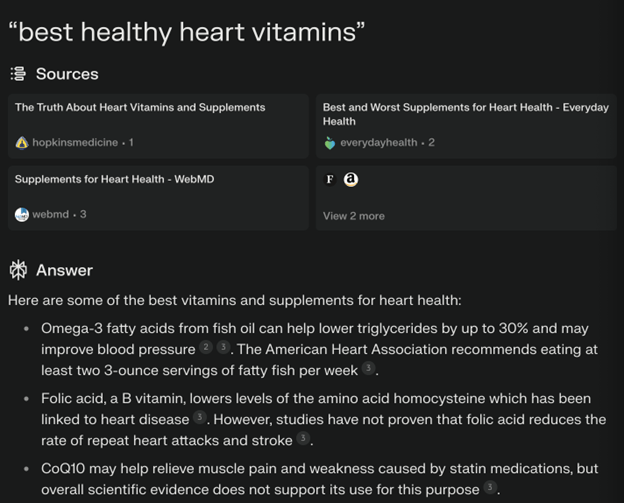
Using our “best healthy heart vitamins” example, AI platforms like Perplexity allow us to access information that’s personalised and created from good quality sources. It effectively puts our own personal research assistant at our fingertips.
From an advertising perspective, this is less good news. While AI’s ability to make things faster and easier may be efficient, it can also make it harder to get products in front of potential consumers, and for customers to find new products through advertising.
If patients start to become more reliant on AI agents and platforms to perform tasks instead of doing them themselves, for example, the ad-driven internet will suddenly become a much trickier place for healthcare companies to navigate.
For healthcare professionals, this could also impact the accuracy of the information that patients are able to access. With fewer regulations over many social platforms, and question marks over the accuracy of the sources that LLM platforms use to create replies already, AI could effectively create more issues than it solves.
The future of AI healthcare
From a patient perspective, AI’s integration within healthcare marketing is seen by many as a good thing. Not only will patients now be able to research questions online more quickly and easily, but for some they will also be pleased not to be subject to as many search ads within their results.
From a business perspective, however, AI’s integration could become a big problem. Information provided by LLM platforms could be used without any accreditation and ads could become much more difficult to place within search results, impacting marketing & business outcomes.
So what’s the solution? While it may sound obvious: become the source favoured by the algorithm.
Supply will still need to meet demand, after all. So only the companies that prepare – and do – AI optimisation most effectively will be the ones that thrive.
The rise of holistic search
Major tech companies, like Apple, Microsoft and Amazon, have started this movement already.
Having been caught flat-footed when AI tools like ChatGPT first arrived on the scene, these companies are all now investing big into generative AI, having spent collective billions on various voice-based AI technologies over recent years.
While many of these tech giants remain tight-lipped over their AI plans for now, the integration of generative AI technologies into apps and smartphones is likely to change the world of search – and online advertising – as we know it.
Moving away from the conventional search engine-based model, the coming years look set to be centred around holistic search, harnessing the power of generative AI through various social apps, voice-based assistants and AI search platforms. Using the data it collects, ads can be better personalised to user’s needs.
But, while this may be all well and good for Apple and co, incorporating a holistic search model within healthcare can be a lot easier said than done.
With patients becoming more informed and in control of their healthcare choices, as well as able to source information from a diverse range of sources, healthcare companies will now need to consider new ways of creating ads that:
- Are AI-optimised
- Resonate with their target audience
- Abide by all the required ethical, legal and medical guidelines
- Take unregulated platforms into account
- Consider data privacy issues and algorithmic biases
- Provide accurate, reliable information to both HCPs and patients
In other words, there are a lot of factors to take into account. And, as of right now, it’s hard to tell whether an AI-driven internet will positively or negatively change the world of healthcare through the lens of patients & HCPs.
Oliver Capel is the Managing Director of Medico Digital, a leading pharma marketing agency based in the UK advising global clients. This article is an adaption from an original Medico Digital blog, found here. To find out more about Oliver and Medico Digital click here.

